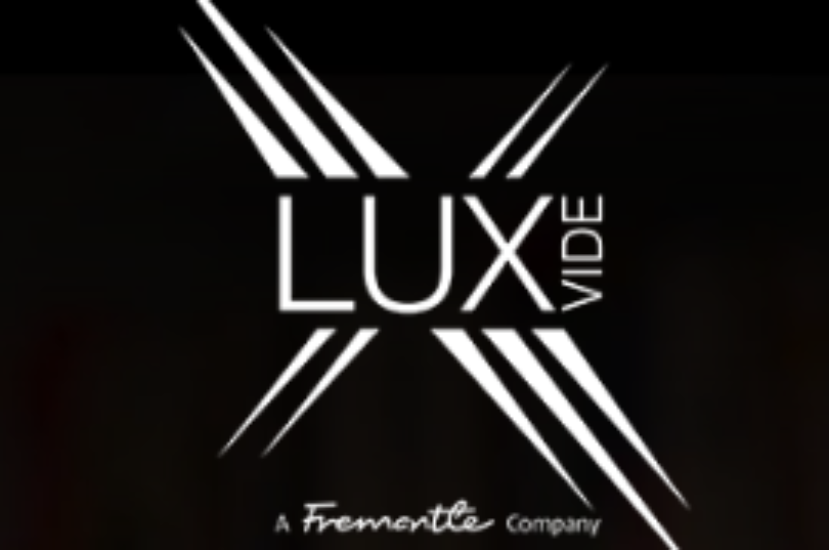 Following its launch in 1992, Lux Vide established itself as one of the most successful TV production companies in Italy.
Following its launch in 1992, Lux Vide established itself as one of the most successful TV production companies in Italy.
With Netflix, Amazon Prime and Sky deals under Lux Vide’s belt, in March 2022 TV giant Fremantle (X Factor, Got Talent) acquired 70% of Lux Vide leading to recent investment and expansion.
Lux Vide has also recently emerged from an extended copyright lawsuit, one that predates the coronavirus pandemic.
Lux Vide Sues File-Hosting Platform Easybytez
In a complaint filed at a Michigan district court in August 2019, Lux Vide (Lux Vide Finanziaria Per Iniziative Audiovisive e Telematiche S.p.A.) targeted more than 20 ‘Doe’ defendants accused of distributing 18 television series and movie titles online without permission. With the filing of a second amended complaint in February 2020, a clearer picture emerged.
Lux Vide targeted London-based Sven Hansche, the owner/director of Cyprus-based company Greatshaw Limited, in turn the owner of file-hosting platform Easybytez. According to the complaint, Lux Vide content was uploaded to Easybytez and each time users of the platform paid to access that content, the uploaders were paid an affiliate fee.
“Defendants provide third-party uploaders with a seemingly untraceable way to profit from the illegal distribution of pirated digital content, thereby incentivizing the continued piracy of Plaintiff’s Works and other pirated content,” the plaintiffs informed the court.
“As a result, Plaintiff has suffered substantial economic damage in the form of lost box office income, lost royalty income, lost advertising income, and other monetary damages stemming from Defendants’ illegal distribution of its Works.”
DMCA Takedown and ‘Repeat Infringer’ Failures
The complaint stated that after discovering Lux Vide content being made available on Easybytez, the company sent DMCA takedown notices to both the file-hosting platform and its hosting providers.
Easybytez reportedly complied with some (but not all) of the notices but then identical files “almost immediately” reappeared on new URLs and made available to the public. This allowed Easybytez to “continue to profit from the piracy of Plaintiff’s Works behind a thin veil of DMCA compliance,” Lux Vide informed the court.
In addition to claims of direct, contributory and vicarious infringement, for which it sought $150,000 per work infringed, the production company noted that Easybytez had failed to implement and enforce a repeat infringer policy as required under the DMCA.
Defendant Failed to Appear, Judgment for the Plaintiffs
Despite being served in September 2021, defendant Sven Hansche failed to appear. The court entered default against Hansche in September 2022 and in its motion for default judgment filed in March 2023, Lux Vide sought maximum statutory damages of $112,200,000. The court determined that the infringement was willful and statutory damages were appropriate, but not at the level demanded by the plaintiffs.
District Judge Robert J. Jonker found that the defendant displayed and distributed unauthorized copies of Lux Vide’s works through Easybytez.com, financially benefitted at the expense of the plaintiff, and allowed content to reappear on the platform despite receiving DMCA notices.
The only thing absent was information showing to what extent the defendant profited and to what extent Lux Vide lost revenue.
Award for Damages
“Proof of economic loss is not essential to an award of statutory damages, but it is a relevant factor to consider in fixing the proper amount of damage. When no such economic record exists, this Court will look for other relevant or comparable awards,” Judge Jonker notes in his order handed down last week.
Before arriving at a damages award, the Judge examined other cases considered relevant to the one in hand. They included a lawsuit filed against IPTV provider Nitro TV by member studios of the MPA, and a similar lawsuit filed against Area 51 and Altered Carbon.
As previously reported, the latter ended with a much lower award for damages than demanded by the plaintiffs. In the Lux Vide matter, Judge Jonker finds the same $2,500 per work to be applicable.
“An award of $2,500 per violation, resulting in an overall award of $1,870,000, is an appropriate balance of the relevant statutory factors on this record. It will generate meaningful deterrence, and it is consistent with other statutory damage awards in comparable cases,” Judge Jonker concludes.
Lux Vide was represented by Chris Newberg of Kuiper Kraemer PC in Grand Rapids, Michigan. Newberg informs TorrentFreak that the matter is not over yet.
“We intend to pursue post-judgment remedies similar to those seen in the DaftSex case and we believe that Mr. Hansche’s ring of infringing websites is considerably larger than just the EasyBytez brand,” Lux Vide’s attorney says.
The amended complaint, opinion and order, and default judgment are available here (1,2,3, pdf)






Leave a comment